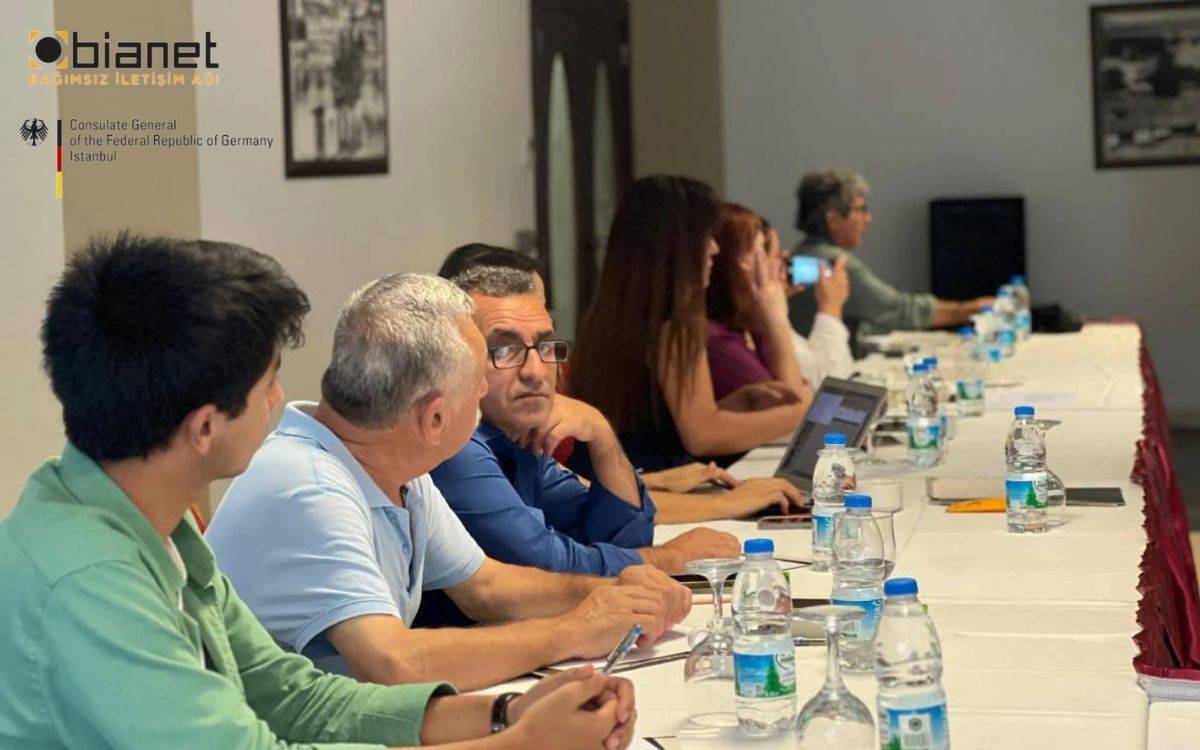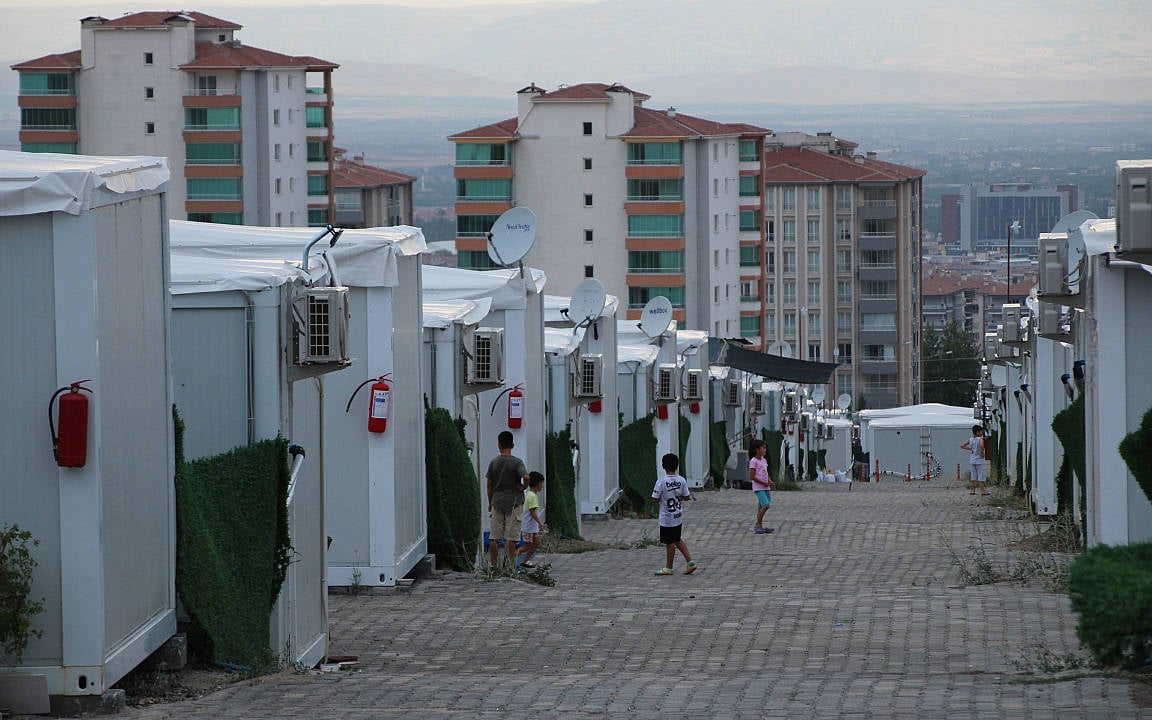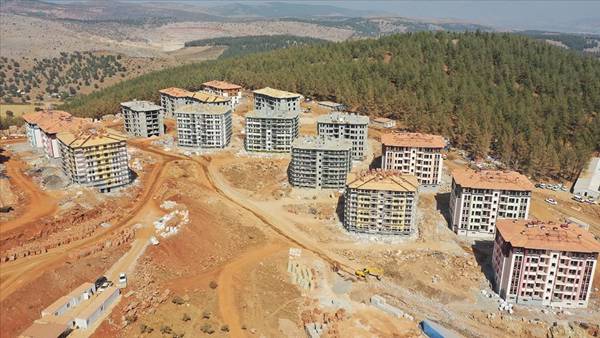IPS Communication Foundation/bianet held its second workshop in Malatya, following the one in Hatay, as part of the project “Journalism for Rights, Freedom for Journalists,” which is supported by the German Consulate.
The workshop, titled “Journalists Exist with Their Rights,” brought together nine journalists from Malatya, Elazığ, Urfa, Antep, Diyarbakır, and Adıyaman. The discussion focused on journalists' rights and freedom of expression, especially in the context of the earthquake. Participants also shared their experiences.
Katılımcılar
Rojan Namo (Freelance), Belgizar Abiri Şimşek (Malatya Söz), Seher Akbalık (Malatya Söz), Sinan Şahin (Antep/Artı Gerçek), Ceylan Şahinli (Urfa / Mezopotamya Ajansı), Funda Canpolat (Elazığ / Harput Times), Serra Taylan (Elazığ / Harput Times-ANKA), Evren Demirtaş (Elazığ / Sözcü), Kamber Yıldız (Adıyaman / PİRHA)
‘Defending our colleagues' rights is crucial for us’
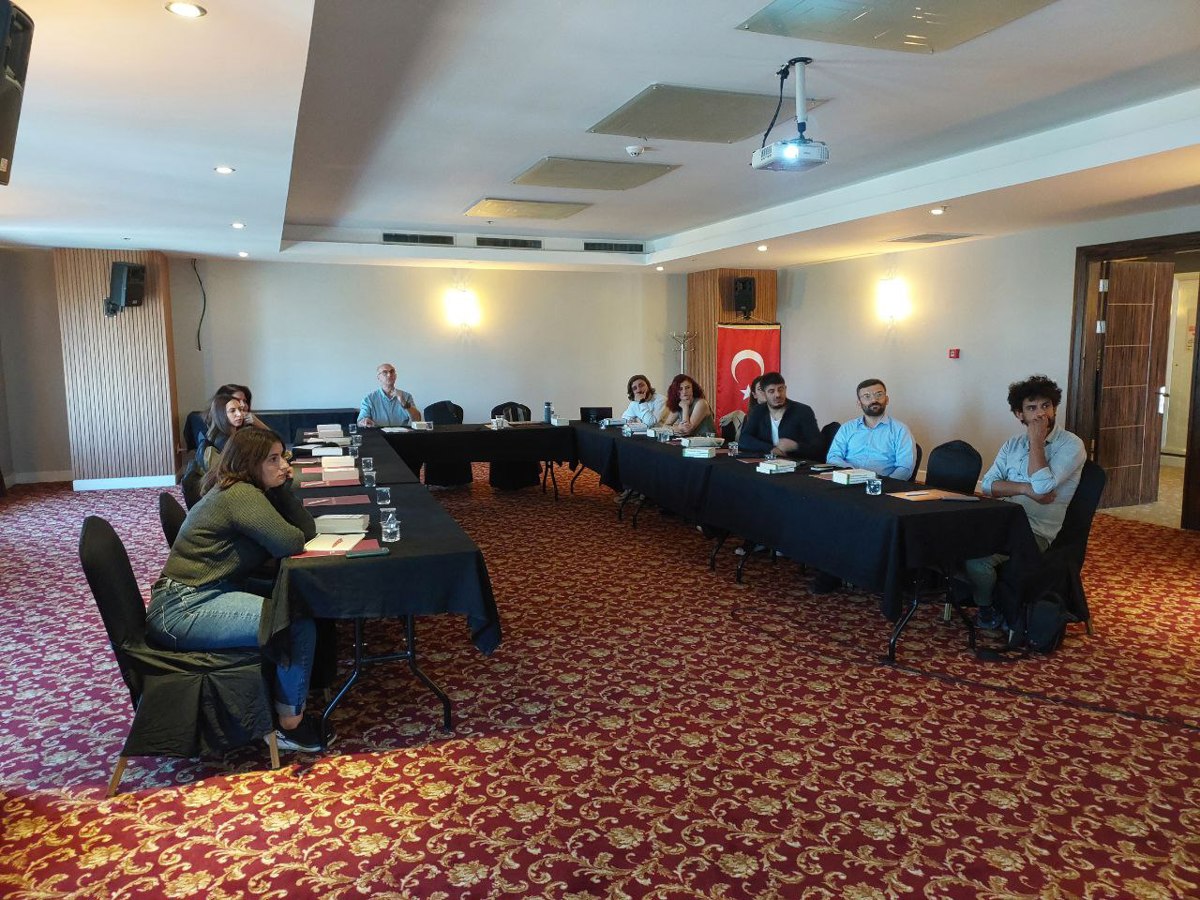
The event began with an opening speech by bianet Editor-in-Chief Murat İnceoğlu, who explained why they came to Malatya and why it’s necessary to inform journalists about their rights. He also introduced bianet to the participants:
“As bianet, we have been engaged in rights-based journalism for over 20 years. We strive to be the voice not only for victims but also for those fighting for their rights and those who have achieved victories. We aim to shed light on the path people can follow to secure their rights. Of course, in this struggle for rights, defending the rights of our colleagues who are trying to be the voice of society is of great importance to us. That’s why we believe it’s crucial to stand in solidarity with our colleagues in the earthquake-affected region, who are working under difficult conditions while trying to carry out their duties and maintain their daily lives. We are always here for you and will continue to stand by your side.”
‘Criminal law should be the last resort’
In the first session, lawyer Deniz Yazgan gave a presentation titled “Journalism in Local Areas after the Earthquake and Legal Challenges.”
Yazgan emphasized that journalism is a profession tied to rights. She pointed out that journalists and lawyers are two professions tasked with raising the alarm when something goes wrong. She also warned that the proposed addition of an “influence agent” clause to the Turkish Penal Code (TCK) poses a threat to journalists.
She provided an example of TCK 217/A, introduced in recent years to prevent disinformation, which criminalizes “publicly spreading misleading information” and has led to the prosecution of journalists simply for doing their jobs:
“When we look at the Constitution, we see that receiving news is recognized as a right, and reporting the news is defined as a freedom. Therefore, when journalists face violations of their rights, we are confronted with contradictions and paradoxes arising from the concept of ‘spreading information’ as a freedom.
As lawyers who defend you, we argue, based on constitutional principles, that simply disseminating news, whether it’s an allegation or fact, should not be grounds for prosecution. This is because an act cannot be both a right and a crime at the same time. When we say, ‘Journalism is not a crime,’ this is what we mean.”
Yazgan then discussed the rise in criminal cases against journalists.
She explained that it has become commonplace for journalists to be prosecuted under criminal law, adding, “The first thing law students are taught is that ‘criminal law should be the last resort.’ This is also a question asked in competency exams. When you start explaining this to your professor, what they want to hear is that criminal law is indeed a last resort. For an act to be subject to criminal proceedings, there must be no other option, and the individual must be facing a sanction that restricts their freedom. This should always be the last resort.”
‘The race to block journalists after the earthquake’
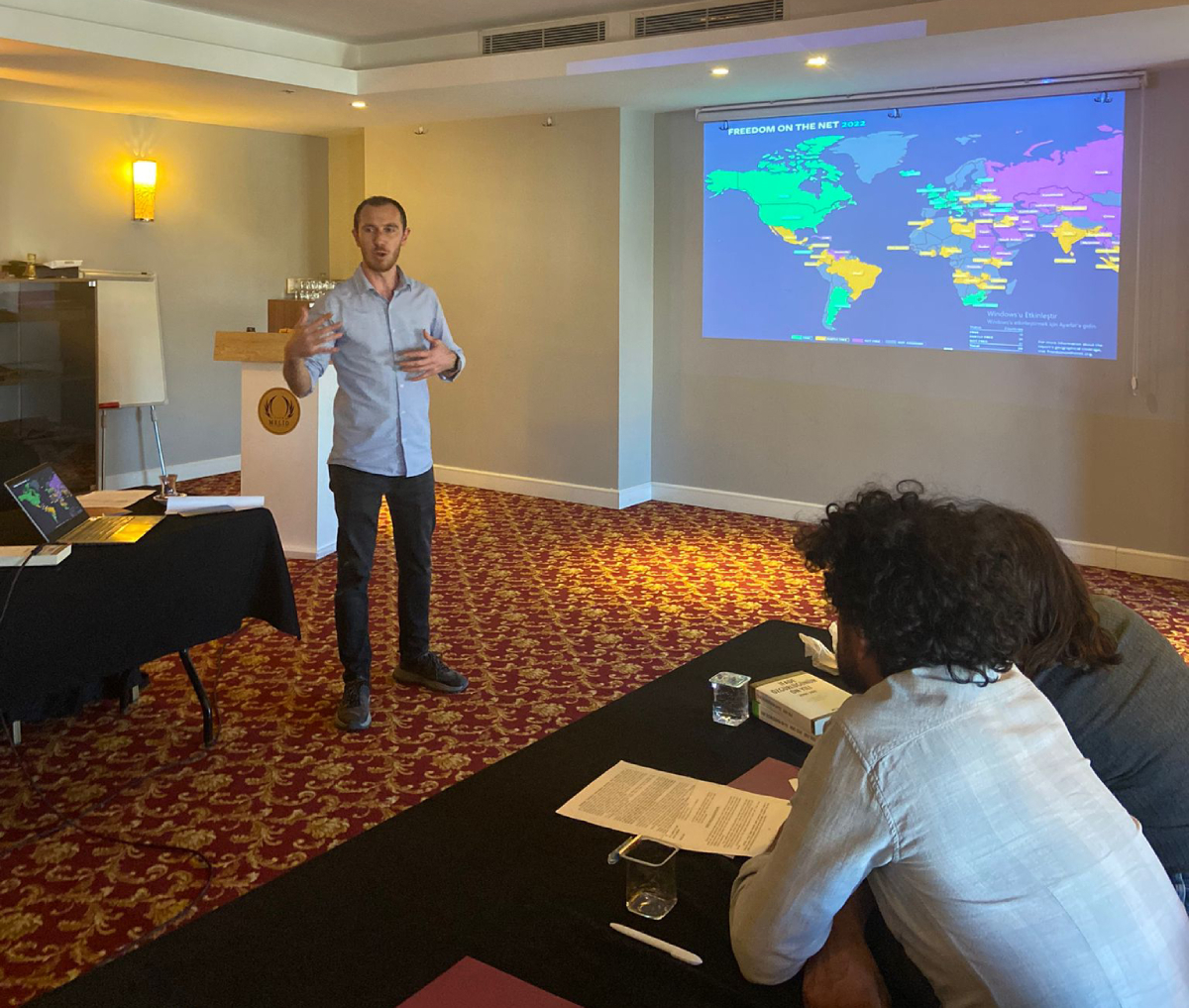
Hikmet Adal gave a presentation titled "Violations of Freedom of Expression and Reporting on Violations." He began by discussing the disinformation case filed against bianet’s women-LGBTI+ editor Evrim Kepenek, who was sued after posting that AFAD (Disaster and Emergency Management Authority) had confiscated earthquake aid.
He then outlined other violations that occurred during the earthquake. Adal explained that February 6 began with an internet outage lasting 10 hours, followed by statements from RTÜK (Radio and Television Supreme Council) Chairman Ebubekir Şahin, who said, "No one has the right to broadcast demoralizing content," and Communications Director Fahrettin Altun, who urged citizens to report the news through the Disinformation Notification Service.
Citing examples from BİA Media Monitoring Reports, Adal highlighted how journalists reporting from the earthquake zone faced investigations, lawsuits, and even detentions.
He noted that journalists in the earthquake zone were most often accused of inciting hatred and hostility among the public, spreading disinformation, and insulting the president.
Adal pointed out that in the 2023 World Press Freedom Index by Reporters Without Borders, Turkey ranks as the 165th country out of 180, making it one of the 15 worst countries in the world. He also mentioned that, according to the Freedom House report, Turkey is categorized as a country where the internet is "not free."
Adal concluded by saying, "Before the earthquake, authorities turned a deaf ear to journalists' reports, but after the earthquake, they began a race to block journalists. Violations against journalists have become a barometer of freedom in Turkey."
Problems faced by journalists
The workshop ended with journalists sharing their personal experiences. Journalists from Malatya spoke about the hardships they still face nearly two years after the earthquake. They mentioned that they are forced to work in 18-square-meter containers, with some even living in these containers, and that they have not received any professional assistance. They emphasized that the biggest challenge in the region is reporting the news truthfully, noting that both politicians, state institutions, and media owners do not allow them to report freely.
The "Journalism for Rights, Freedom for Journalists" project, conducted by IPS Communication Foundation/bianet with financial support from the Consulate General of the Federal Republic of Germany, aims to strengthen freedom of expression and press freedom in Turkey, as well as monitor and report violations against journalists. The project also focuses on gender-based threats faced by women and LGBTI+ journalists.
(VK)





